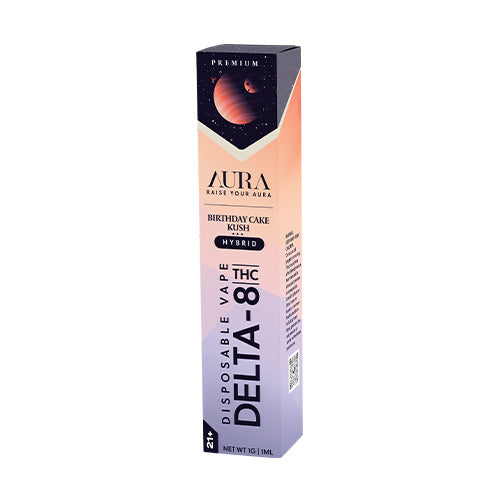Cannabis and REM Sleep: Navigating the Relationship
The relationship between cannabis and sleep is complex, with various cannabinoids influencing different stages of the sleep cycle. One area of particular interest is REM (rapid eye movement) sleep, a crucial phase associated with dreaming and cognitive restoration. In this short blog post, we'll explore the intricate dance between cannabis and REM sleep and how it may impact your overall sleep experience.
Understanding REM Sleep:
REM sleep is a vital part of the sleep cycle characterized by rapid eye movement, vivid dreaming, and heightened brain activity. It plays a crucial role in memory consolidation, emotional processing, and overall cognitive function.
THC and REM Sleep:
Reduction in REM Duration:
Research suggests that THC, the psychoactive compound in cannabis, may reduce the overall duration of REM sleep. Some individuals report experiencing fewer and less vivid dreams when using THC.
Potential Impact on Dreaming:
THC's influence on REM sleep may affect dream recall and the intensity of dreams. Individuals may find that their dream experiences are altered during periods of THC use.
CBD and REM Sleep:
Limited Impact on REM:
Unlike THC, CBD (cannabidiol) does not appear to significantly alter the duration of REM sleep. Users often report that CBD use doesn't interfere with dream patterns as much as THC.
Calming Effects:
CBD's anxiolytic properties may contribute to overall relaxation, potentially reducing stress and anxiety that can interfere with the quality of sleep.
Navigating the Relationship:
Individual Variability:
Responses to cannabis, especially concerning REM sleep, vary widely among individuals. Factors such as dosage, frequency of use, and individual physiology play crucial roles.
Balancing Act:
Achieving a balance between cannabis use and maintaining a healthy sleep cycle is key. Some users appreciate the potential benefits of reduced REM sleep, while others prioritize the cognitive and emotional benefits associated with dreaming.
Consulting Healthcare Professionals:
Before incorporating cannabis into your sleep routine, it's advisable to consult with healthcare professionals. They can provide guidance tailored to your individual health and sleep needs.
The relationship between cannabis and REM sleep is multifaceted, and individual experiences may differ. As you navigate this connection, it's essential to be mindful of your own sleep patterns, preferences, and overall well-being. Whether seeking altered dream experiences or prioritizing cognitive restoration, finding the right balance is a personal journey. Sweet dreams await those who approach the relationship between cannabis and REM sleep with informed consideration and responsible use.
FREQUENTLY ASKED QUESTIONS
CBD capsules, pills or softgels support your body’s Endocannabinoid System (ECS), which helps regulate your natural inflammatory response, stress response, immune function, and sleep cycle so you can better manage stress, burnout, irritation, and discomfort.
Each form of CBD takes a different route through your body, impacting how long it takes to interact with your Endocannabinoid System (ECS) and how long it takes to work varies depending on a combination factors: metabolism, weight, and whether you've recently eaten can influence how long it takes CBD capsules to take effect. It is important to note that CBD builds up in the body over time, meaning that committing to your daily suggested amount is key to the long-term success with your CBD product of choice. Try taking the recommended amount on the packaging for 30 days. You can always adjust the amount as needed — you know your body best.
Understanding the suggested amount of CBD for you starts with understanding how CBD interacts with the body and brain, and particularly with the Endocannabinoid System, also called the ECS. To learn more, checkout How Long Do CBD Capsules Take To Work?
CBD capsules and CBD softgels are best taken at a consistent level for you to understand what works best for you — you know your body best. Try starting with the recommended amount on the packaging, and monitor how you feel over the next 30 days. If you aren't satisfied with the results, try gradually increasing or decreasing the number as needed.
Selecting a CBD product is an individual decision based on your overall wellness goals. CBD capsules are easy-to-swallow pills similar to a vitamin so you don't need to guess how much to take. CBD oils, such as tinctures, commonly use carrier oils including olive oil or medium-chain triglyceride (MTC) from coconut or hemp seed oil which might not taste good. And let's face it, oils are a little messy, and measuring out a precise amount from a small bottle with a dropper might not be an easy task. Unless the CBD in a CBD oil has been optimized for bioavailability, CBD oils won't be absorbed by the body and all the benefits may not be felt.

